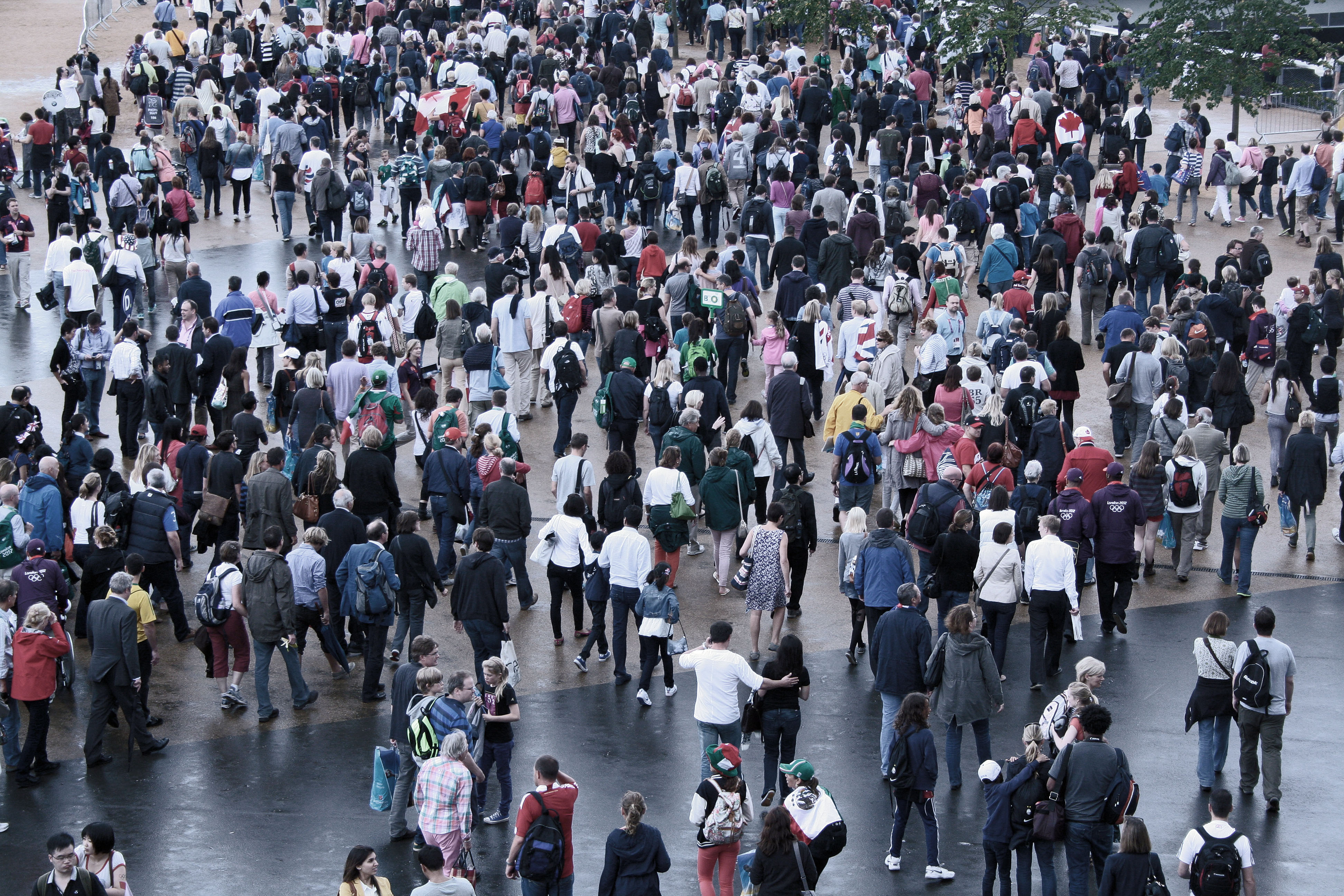After the Anne Frank incident
In the present circumstances Christians are called to offer their contribution to the polis through shared ethics and the recovery of converging values, in full awareness of the huge educational responsibility that falls upon the Church and her shepherds, on local communities and on all the faithful alike. We are called to listen to each other, to welcome the other person’s diversity, to seek paths of justice and peace with and not against our neighbour, to “give a defence to everyone who asks you a reason for the hope that is in you, with meekness and fear, having a good conscience” (1 Pt 3:15-16)

For almost fifteen years I have been observing and denouncing with deep sadness and concern the extent to which our society is slowly heading towards “barbarism.” It’s a long walk backwards towards incivility, whose small steps spiralled into leaps, to the extent that we are plunging into barbarity day after day. The deplorable episode of the image of Anne Frank used to insult the fans of a crosstown rival football team is but the last episode of an aberration of words and deeds marked by escalating dehumanization.
To use the symbolic image of the moral resistance of innocence against the tragedy of the Shoah is but the umpteenth demonstration of the extent to which our society has developed a language – verbal, gestural, figurate – interwoven in many domains, thereby testifying to the degeneration of our daily relations.
Public and private spheres, stadiums and tribunals, parliament halls and street protests, local coffee shops and television debates have all come to adopt the same vocabulary – further exacerbated and degraded on social networks – stripped of the core element of civil dialogue, namely, the ability to listen to our neighbour.
Common grounds and shared values have thus been stamped out: we have been witnessing the rupture of the social pact both horizontally, between peers, and vertically, at inter-generational level. We have forgotten that we are “citizens” inasmuch as we are “fellow citizens” sharing the same collective identity, just as in the Church we are “disciples of Christ” inasmuch as we are “fellow disciples”, heirs of a faith handed down as a gift from generation to generation. As a matter of fact, our unique, irrepressible identity is nourished day after day by our neighbour, by respecting his ideas and his person, through the act of listening and dialoguing, through the balance of civil rights and duties. Owing to a form of a historical nemesis we broke taboos and we plunged back into resentful tribes, we got rid of our inhibitions and raised walls of discrimination, we denied the other person and we lost ourselves.
In the face of this gradual dehumanization, reflected in societal disintegration, as citizens and as believers we cannot and we must not be resigned.
We hear the voice of the generation that lived the Short Century and its horrors to its heart: “Let nothing be called natural. In an age of bloody confusion, ordered disorder, planned caprice, and dehumanized humanity, lest all things be held unalterable!” Bertolt Brecht’s heartfelt appeal can be received by starting with language, following the intuition voiced centuries earlier by Confucius, whilst replying to those who asked him what he would have done “first” if Prince Wei had entrusted him the task of administering the government: “What is necessary is to rectify names. If names be not correct, language is not in accordance with the truth of things.”
We must patiently return to speak words of solidarity, not ones of hatred, of fraternity and not of enmity, of compassion and not of disdain.
In the present circumstances Christians are called to offer their contribution to the polis through shared ethics and by recovering converging values, in full awareness of the huge educational responsibility that falls upon the Church and her shepherds, on local communities and on all the faithful alike. We are called to listen to each other, to welcome the other person’s diversity, to seek paths of justice and peace with and not against our neighbour, to “give a defence to everyone who asks you a reason for the hope that is in you, with meekness and fear, having a good conscience” (1 Pt 3:15-16).
As it was in this past, this is a tedious process that requires “small steps towards humanization” carried out every day, with words and deeds. It requires recovering “symbols” – not besmirching them with hatred – that far from being empty simulacra are part and parcel of the same ring that when combined constitute the fullness of two identities with the same origin: humanity.